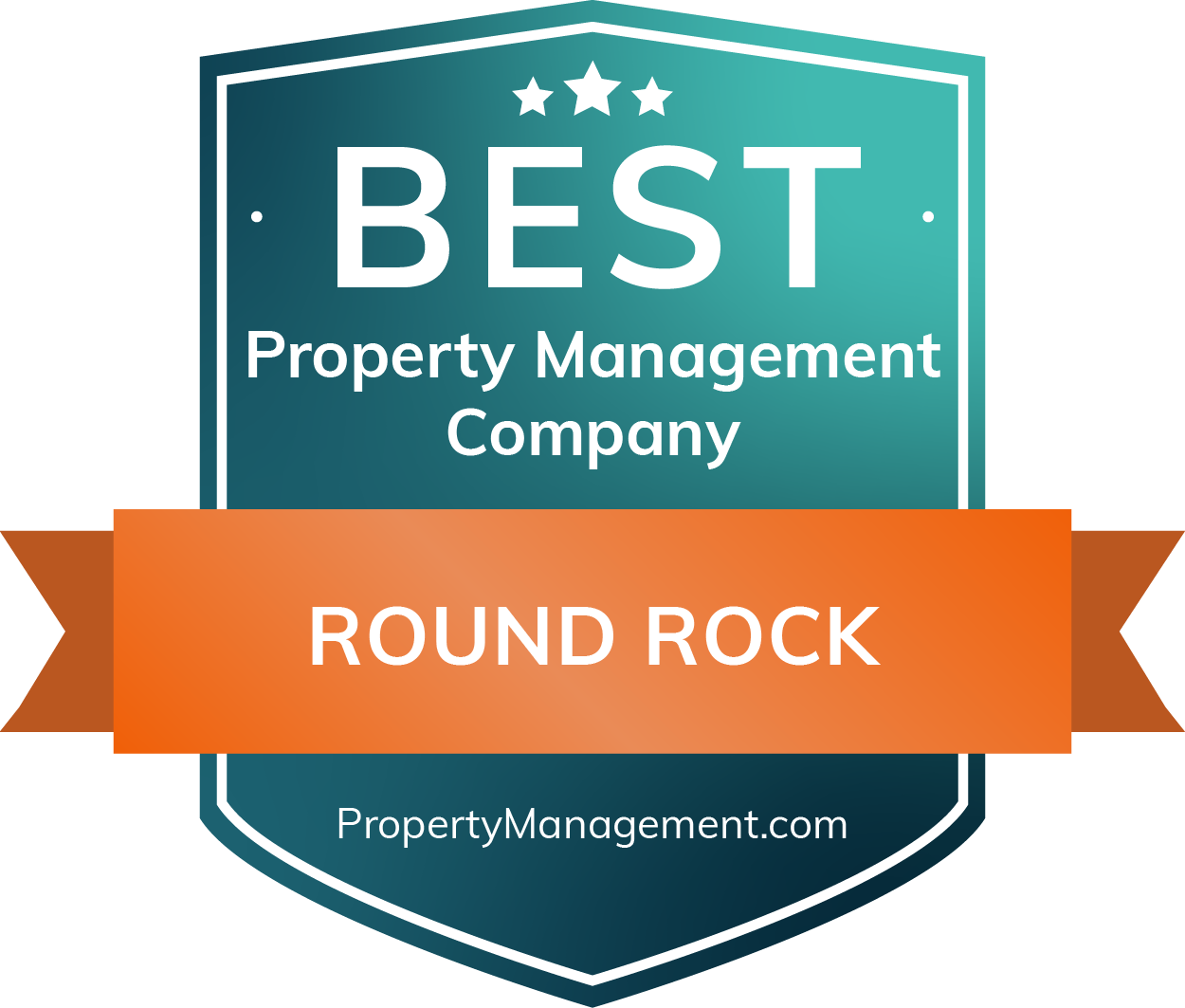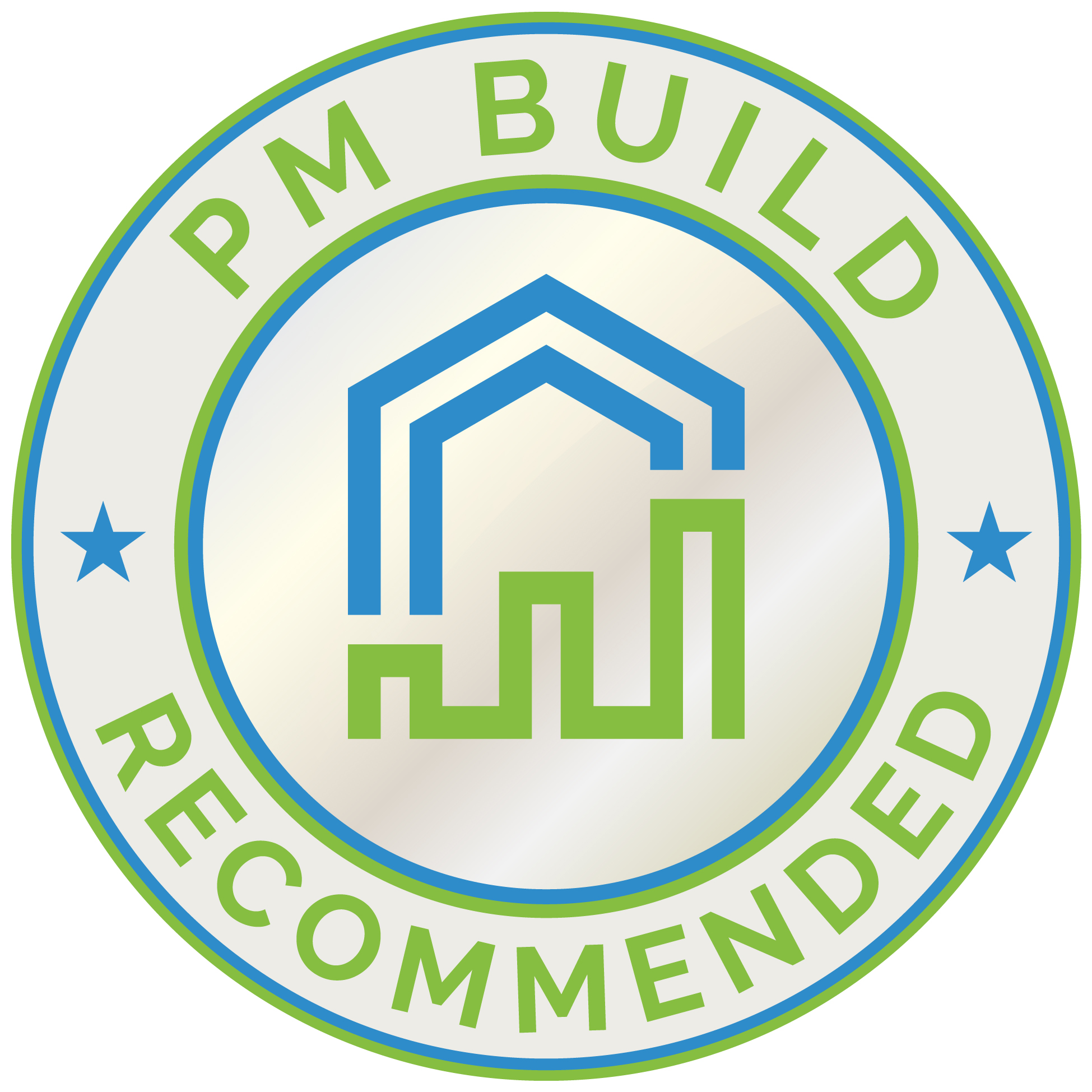The American Rescue Plan Act provides widespread relief to employees and small business owners in the wake of the pandemic. It also represents a major change in the threshold for paying taxes on rental income for landlords.
Previously, investment property owners only needed to fill out a 1099 form for annual rental income above $20,000. Now the federal government has slashed the lower limit to just $600.
This means many landlords will be dealing with tax statements and 1099s for the first time. Read on to find out the basics about these important tax documents.
What Are Tax Statements and 1099s?
All landlords must file a 1099-MISC tax form for rental income above $600 received via cash or check. For income received via electronic transfers, debit cards, or credit cards, you must fill out a 1099-K.
If you work with a property manager, they should send you this information before the February 28 tax filing deadline.
If you haven't received these documents before February 1, you should reach out to them and ask for them. You'll need the 1099-MISC to complete your tax statement detailing your rental business expenses and income for the year.
You should also send a 1099-NEC form to any contractors or vendors to whom you've paid more than $600 during the year.
The IRS website has detailed information about filling out 1099 forms. Always consult a tax professional if you have any questions about your taxes.
Tips for Landlords at Tax Time
You must keep copies of your 1099s for a minimum of three years.
Third parties responsible for electronic rent payments have until the 2024 tax year to implement the new 1099-K system. If you don't have a 1099-K when it's time to file your taxes, you must still report your rental property income for the year.
You can file 1099s by mail or online unless you receive more than ten of them. In this case, you must file them electronically.
Corporations that own rental properties don't need to file a 1099 form, but LLCs must file 1099s if applicable. Likewise, you don't need to file a 1099-NEC for corporations that perform maintenance work for you.
The most important tip for easing the stress of tax time is to keep detailed and accurate records of all your transactions.
Tax Statement Deductions
Your tax statement must include all deductible expenses so you can save on your taxes. Deductible expenses for landlords include:
- Maintenance and repairs
- Insurance
- Property management fees
- Property damages not covered by insurance
- Legal fees related to evictions
- Property taxes
- Mortgage interest
If you need to travel long distances to check up on your rental properties, you may claim these expenses as a deduction.
An Experienced Property Manager Makes Tax Time a Breeze
Tax filing season can become stressful and chaotic for busy landlords unless you have a property manager to help you through the process.
Monte Davis Property Management Service has many years of experience assisting landlords with their properties in Austin, Texas. We're well-versed in navigating tax season and carry out stringent record-keeping procedures to streamline tax statements and 1099s for our landlords.
Discover an easier way to navigate tax time when you work with us.









